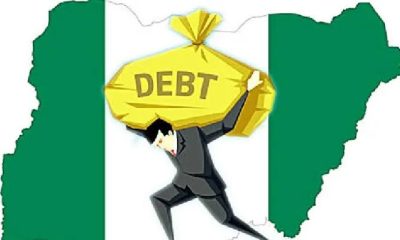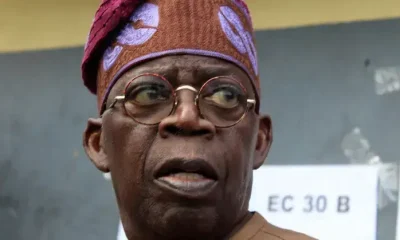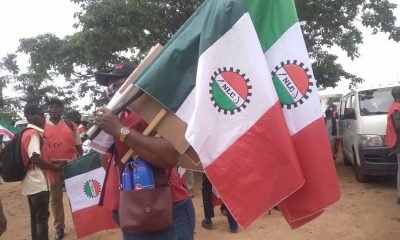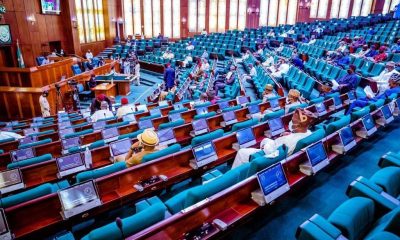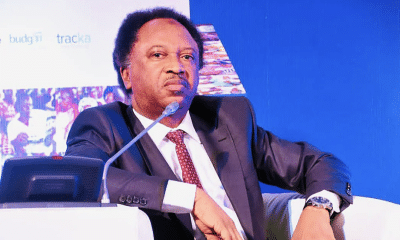Nigeria News
Civil Society Raises Alarm On Increasing Debt Burden In Nigeria

On Tuesday, a civil society organisation, the African Network for Environment and Economic Justice, expressed distress over the mounting debt levels in Nigeria and several West African nations.
The organisation found it distressing that a significant portion of these countries’ resources is allocated to servicing debts.
The Debt Management Office in Abuja hosted the presentation of the paper titled “Debt Management, Restructuring, and Sustainability in ECOWAS.” The Executive Director of ANEEJ, David Ugolor, addressed the issue during a two-day International Hybrid Conference on Special Drawing Rights with the theme “Making Special Drawing Rights work for the People,” held on Tuesday in Abuja.
Ugolor, represented by the Deputy Director of ANEEJ, Leo Atakpu, cited statistics from the Debt Management Office, revealing that Nigeria’s public debt had reached N87,379,401.75 trillion as of June 30, 2023.
He also noted that Ghana’s public debt had surged to 569.3 billion cedis ($49.7 billion) by the end of April 2023, according to data from the Bank of Ghana.
“The COVID-19 pandemic has increased solvency and liquidity issues, which is one of the main reasons Sierra Leone’s debt is categorised as having a high risk of debt distress.
“For us in civil society, this is quite disturbing because most of our countries’ revenues are now being channelled to debt servicing obligations at the peril of basic social services, climate, and other development exigencies.
“The debt crisis imperils the attainment of the Sustainable Development Goals and achievement of the Paris Climate Agreement in West Africa. This becomes even more worrisome when viewed against the backdrop that Nigeria remains the world poverty capital as designated by the World Poverty Clock report of 2023.
“It means debt will drive more Nigerians and indeed, West Africans into extreme and multidimensional poverty if urgent and drastic steps are not taken by our governments and the international community.
“In addition to reviewing the use of SDRs in Ghana and Nigeria, he stated the conference would take a deep dive into current debates around SDR reallocation to countries in most need, such as Ghana and Nigeria, without having to exacerbate the debt crisis.”
The Nigerian Economic Summit Group and the Open Society Initiative for West Africa jointly published a report indicating that Benin Republic, Burkina Faso, Cabo Verde, the Gambia, Ghana, Guinea Bissau, Liberia, Niger, Senegal, and Togo are the 10 other nations listed alongside Nigeria.

